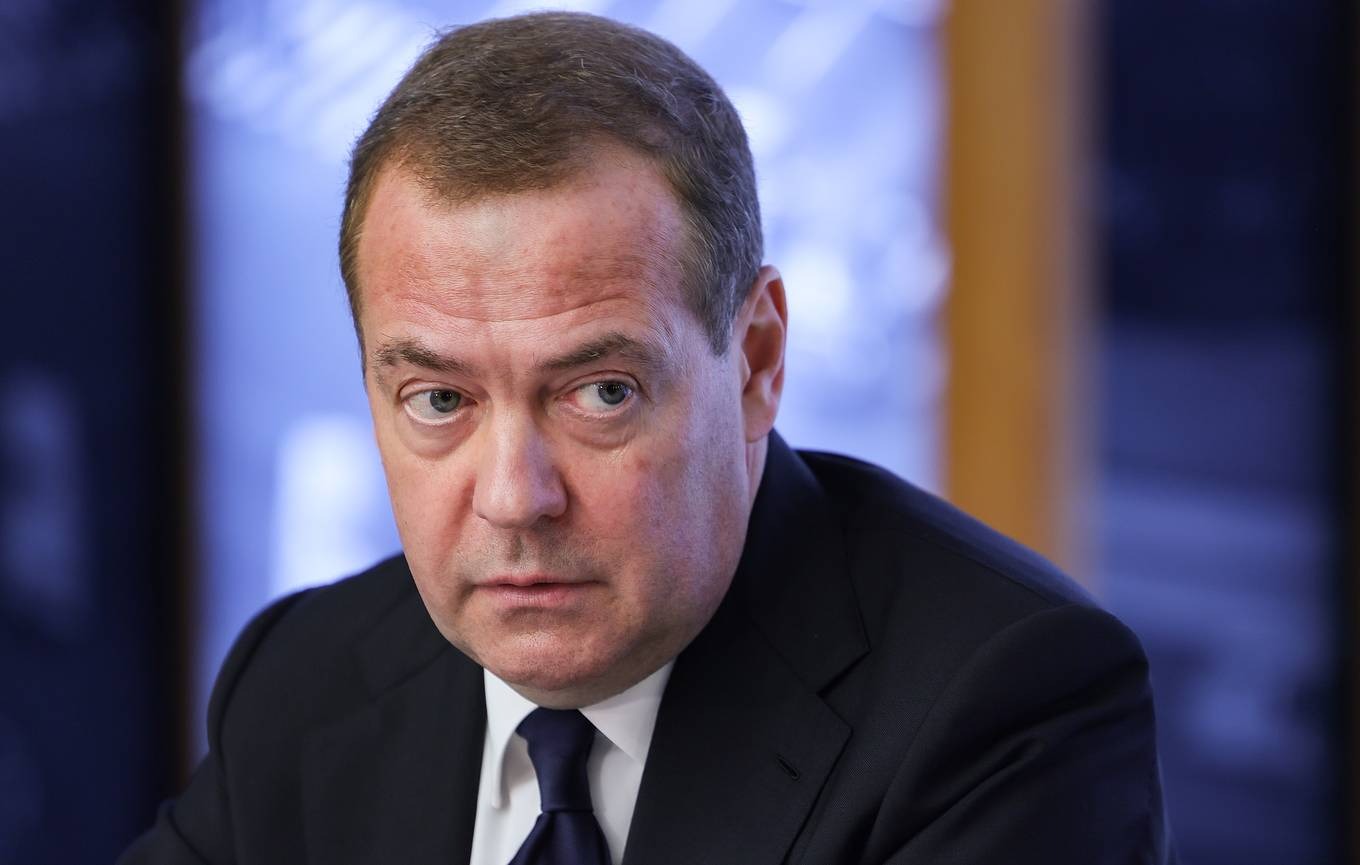On 17/7, in an interview with TASS, Russian Security Council Deputy Chairman Dmitry Medvedev, referenced the Potsdam Conference, held in Potsdam, Germany, from 17/7 to 2/8/1945 between Allied leaders, including the Soviet Union, the US, and the UK, to discuss the post-World War II world order. "The Potsdam Conference teaches us a lesson about harboring illusions in relations with the West," he stated.
Medvedev argued that the West did not adhere to the agreements, causing the Potsdam Conference to fail in establishing lasting peace and instead laying the foundation for the Cold War. He criticized the West as untrustworthy and still harboring a "perverted sense of superiority". "Therefore, we must act accordingly, be ready for a full response, even a preemptive strike if necessary," he said.
However, at the end of the interview, the Deputy Chairman of the Russian Security Council dismissed claims from NATO and European countries that Moscow would one day attack the military alliance.
"Let me remind you that our President has clearly stated: Russia has no intention of waging war with NATO or 'attacking Europe'. Statements that Russia intends to do so from Western politicians are completely absurd," he said.
Medvedev suggested such false narratives are being deliberately spread to exacerbate the already tense situation. "This is another front in the all-out war that the West is waging against Russia," Medvedev said.
 |
Russian Security Council Deputy Chairman Dmitry Medvedev. Photo: TASS |
Russian Security Council Deputy Chairman Dmitry Medvedev. Photo: TASS
When asked about Medvedev's comments, Kremlin spokesman Dmitry Peskov said the Security Council Deputy Chairman was expressing his personal views, but stressed that Medvedev's concerns about Europe's "confrontational" stance towards Russia were well-founded.
Medvedev is a close ally of President Vladimir Putin. He has repeatedly issued strong statements against Kyiv and Western countries since the conflict in Ukraine erupted in 3/2022.
Russia and Ukraine recently resumed peace talks, but the two sides have yet to make a breakthrough. On 14/7, US President Donald Trump said he was "very unhappy and disappointed" with his counterpart Putin, and declared continued arms aid to Ukraine to pressure Moscow to be more serious in the negotiation process.
Trump issued an ultimatum, warning of a 100% tariff if Russia does not resolve the conflict in Ukraine within 50 days. The US will also impose secondary tariffs on countries that purchase Russian exports.
Russian Foreign Ministry spokeswoman Maria Zakharova responded on 17/7 that Russia "does not accept threats". She also commented that Trump's decision to provide more missiles to Ukraine was a sign that the US wanted to "prolong the carnage" and was a rejection of peace initiatives.
Nhu Tam (According to TASS, Reuters)












